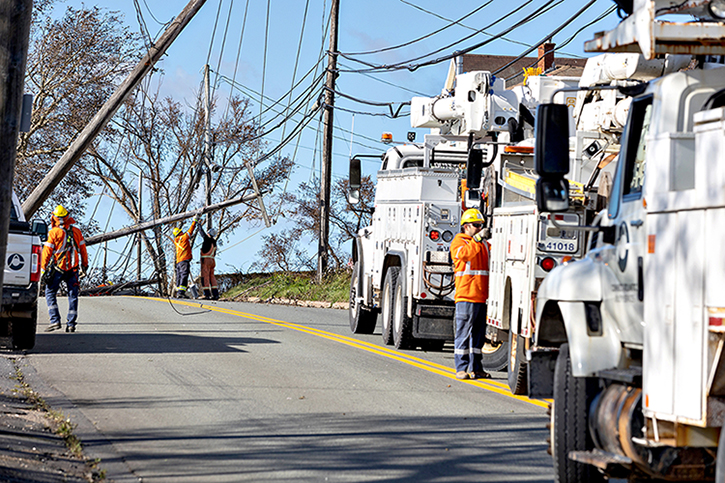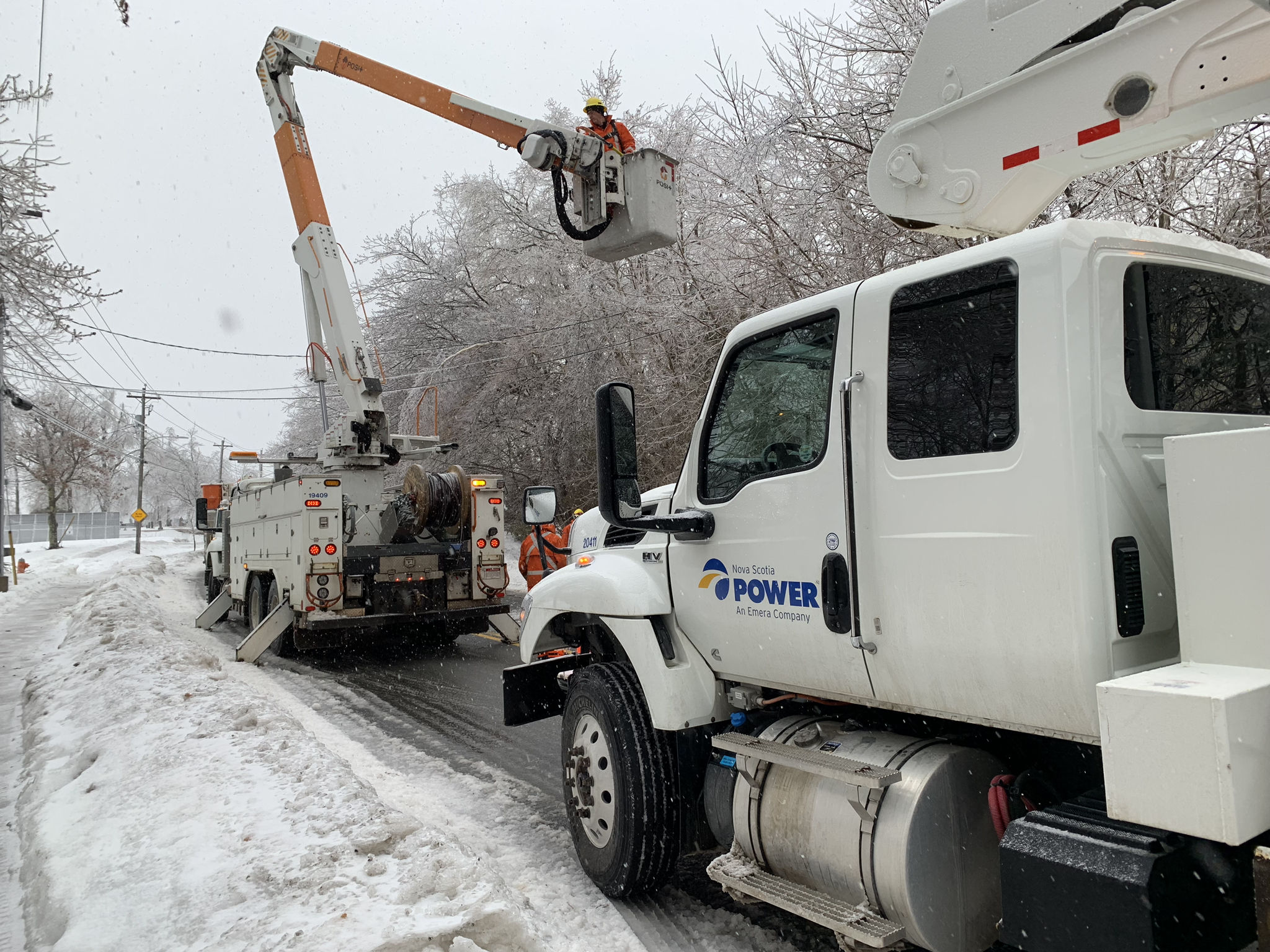
What to expect this hurricane season and how to stay prepared
It’s already been an eventful year for weather here in Nova Scotia. As we kick off another fall hurricane season, staying prepared is critical. Here are some insights on the forecast for this season, along with some tips for staying safe and storm ready.
Read More about What to expect this hurricane season and how to stay prepared



